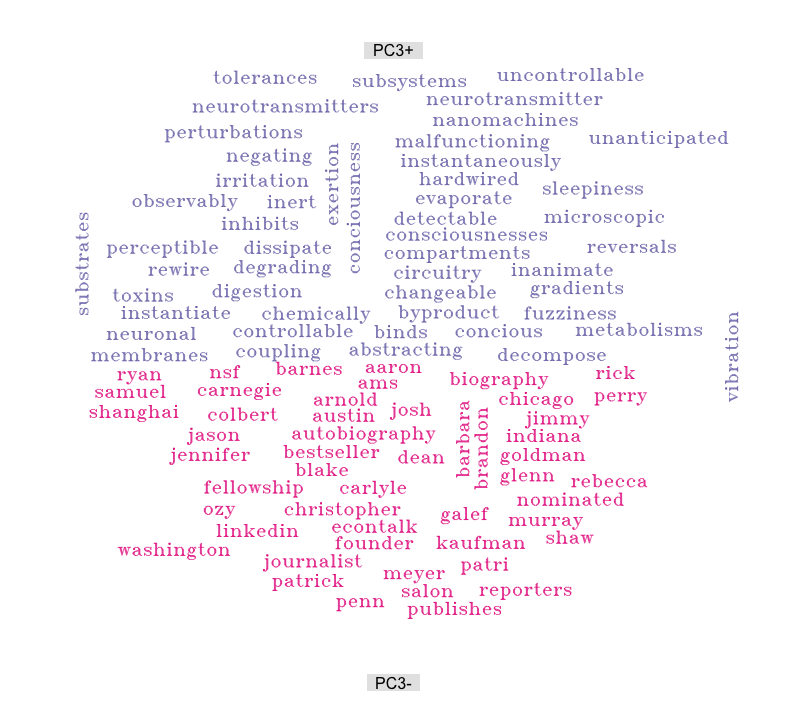In December 2015, Robert Cordwell and I cofounded Signal Data Science (website), which we announced on Less Wrong.
Our first cohort has just concluded, and overall went very well. We're planning another one in Berkeley from May 2nd – June 24th. The program is a good fit for people who are both excited to learn how to extract insights from data sets and looking to prepare for industry data science jobs. If you're interested attending the next cohort, we would love to hear from you. You can apply here, or contact us at signaldatascience@gmail.com.
We offer inquiry-based learning and an unusually intellectually curious peer group. Unlike typical college classes, Signal Data Science focuses on learning by doing. You’ll learn from a combination of lectures, short knowledge-reinforcement problems, and longer, more open-ended assignments focusing on analyzing real datasets. (That’s your chance to discover something new!) Don’t worry if that sounds daunting: our instructors will be there to support you every step of the way.
You’ll learn both the theory and the application of a wide array of data science techniques. We offer a pair programming-focused curriculum, allowing students to learn from each other’s strengths. We cover everything from basic linear regression to advanced, industry-relevant methods like support vector machines and dimensionality reduction. You’ll do an advanced, self-directed project at the end of the course. Curious? Check out our showcase of past students’ final projects. Whatever your interests are—from doing something with real-world, industry-relevant applicability to applying cutting-edge neural nets—we’ll work with you to find a project to match your interests and help you showcase it to prospective employers.
Less Wrong readers might be especially interested by Olivia Schaefer's project, which describes results of doing some natural language processing on the Less Wrong comment corpus, explaining how the words pictured in different colors below are at opposite ends of an axis.

Yet another student reporting in with a highly positive experience!
I personally felt Jonah knew data science really well. In addition to solid theoretical understanding of the mathematics, he was extremely proficient with using R and statistics to dissect and analyze complex real world data sets. At the beginning, he provided virtually step by step guidance on analysis and interpretation of several data sets using a variety of techniques and packages in R. The program only became more self-directed over time because the students, with diverse backgrounds and experiences, focused on different areas and progressed at different rates. Even then, I felt Jonah was very actively providing individually tailored guidance for the students on their learning and projects.
If you have strong fundamentals and are capable of getting up to speed on R quickly, then you can get a lot out of this program as I did. It provided me the basic knowledge and practice on using programming/statistics/machine learning to find patterns in real world data and make useful, meaningful statistical predictions from them. After this program, I know more or less how to approach data science, work independently, and fill whatever gaps I have. I would highly recommend this program to a self-motivated, mathematically minded person looking for a job in data science.
A lot of us came in with very different levels of knowledge and a big factor that determined success was whether or not you had experience with programming beforehand. To be fair a lot of non-programmers ended up being stars, like the student who made the word cloud, but they had to work a lot harder.